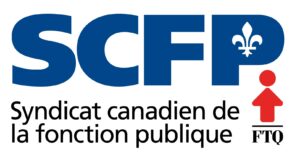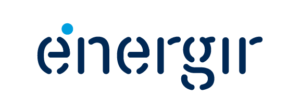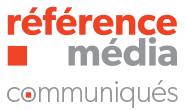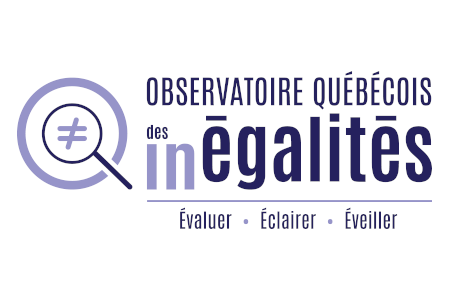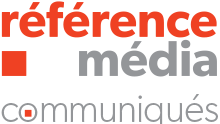Montreal, May 3rd, 2023 / RMC / – The Resilience Project has examined the difficulties, adaptation strategies, and needs of Quebecers whose incomes are in the bottom 40%, focusing on aspects such as livelihoods or income, housing conditions, social life, and health status. The Observatoire québécois des inégalités publishes today a summary of the work carried out in 2021 and 2022.
“The COVID-19 pandemic has exposed existing inequalities within our society, but it has also highlighted the resilience of low and modest-income populations. The Resilience Project has demonstrated that these populations exhibit a great deal of creativity in adapting to the challenges posed by the pandemic,” says Sandy Torres, researcher at the Observatoire québécois des inégalités and project manager of the Resilience Project.
Among the main results of an online survey conducted after more than a year of the pandemic:
– 2 out of 3 people experienced difficulties related to the pandemic, particularly regarding their mental or physical health and personal finances.
– Women living in households among the bottom 40% were significantly more concerned about their mental health than men surveyed.
– Immigrants were more likely to report difficulties in terms of physical health.
– Minorities were also more likely to feel isolated from others.
The study also highlighted various manifestations of resilience in the pandemic context among people interviewed. In particular, the use of various adaptation strategies such as reducing current expenses, reorganizing the family budget, getting involved in the community, and seeking community support.
What now?
“These results could guide future public policies to create a fairer and more equitable society for all,” proposes Nathalie Guay, Executive Director of the Observatoire québécois des inégalités. She adds, “They show that it is essential to strengthen support for more vulnerable individuals while caring for the resilience of their environment.”
About the Observatoire québécois des inégalités
Based at the University of Montreal, the Observatoire québécois des inégalités is a knowledge broker that provides popularized scientific knowledge to enlighten reflections and decision-making concerning income, opportunity, and quality of life inequalities.
For information
Marianne Castelan, Communications and Public Affairs Manager
438 495-7416
m.castelan@observatoiredesinegalites.com
The Observatoire québécois des inégalités would like to thank the following organizations for their financial support for this project:
– Government of Quebec
– Canadian Union of Public Employees
– Énergir
– Caisse de dépôts et placements du Québec


